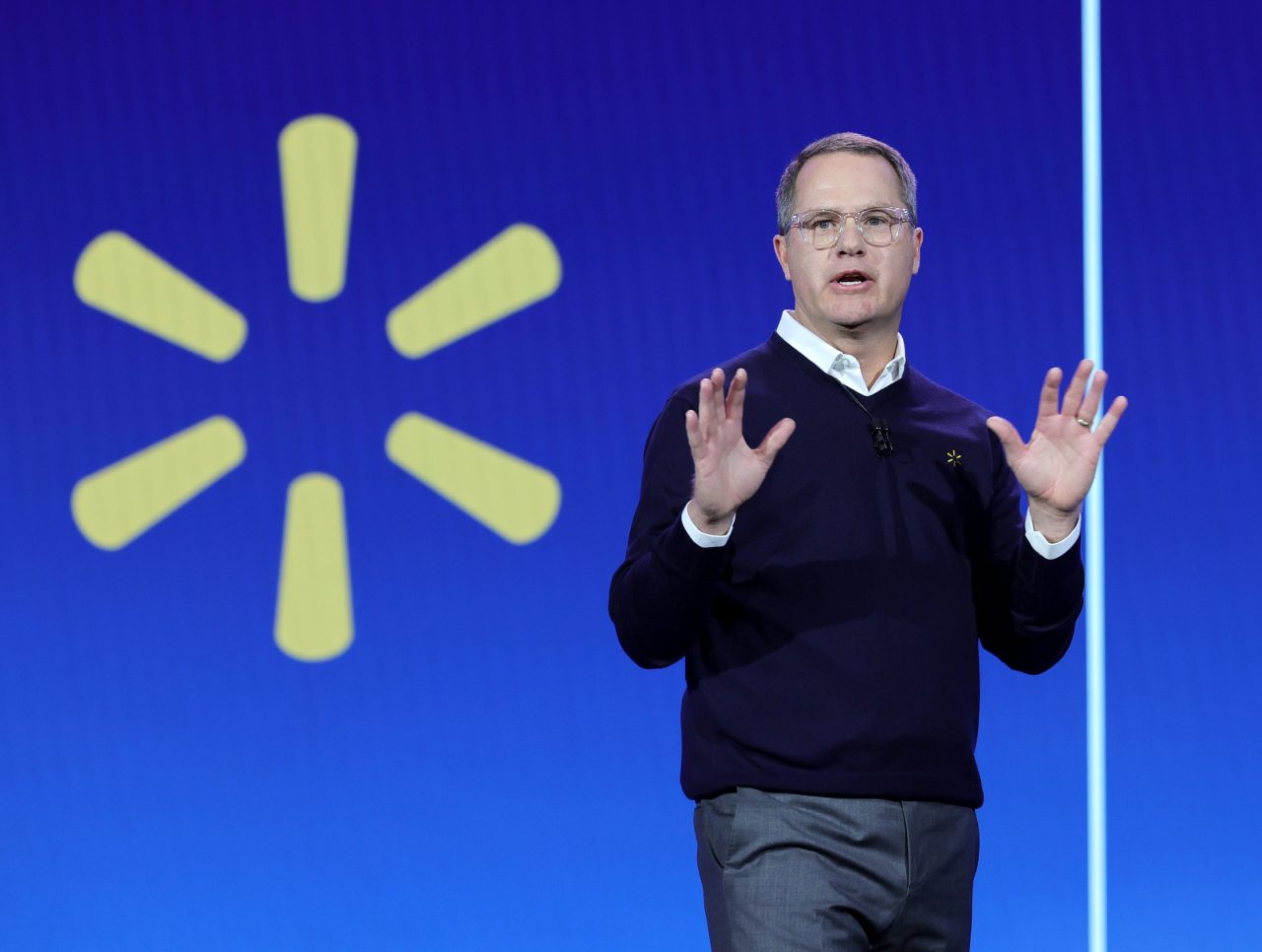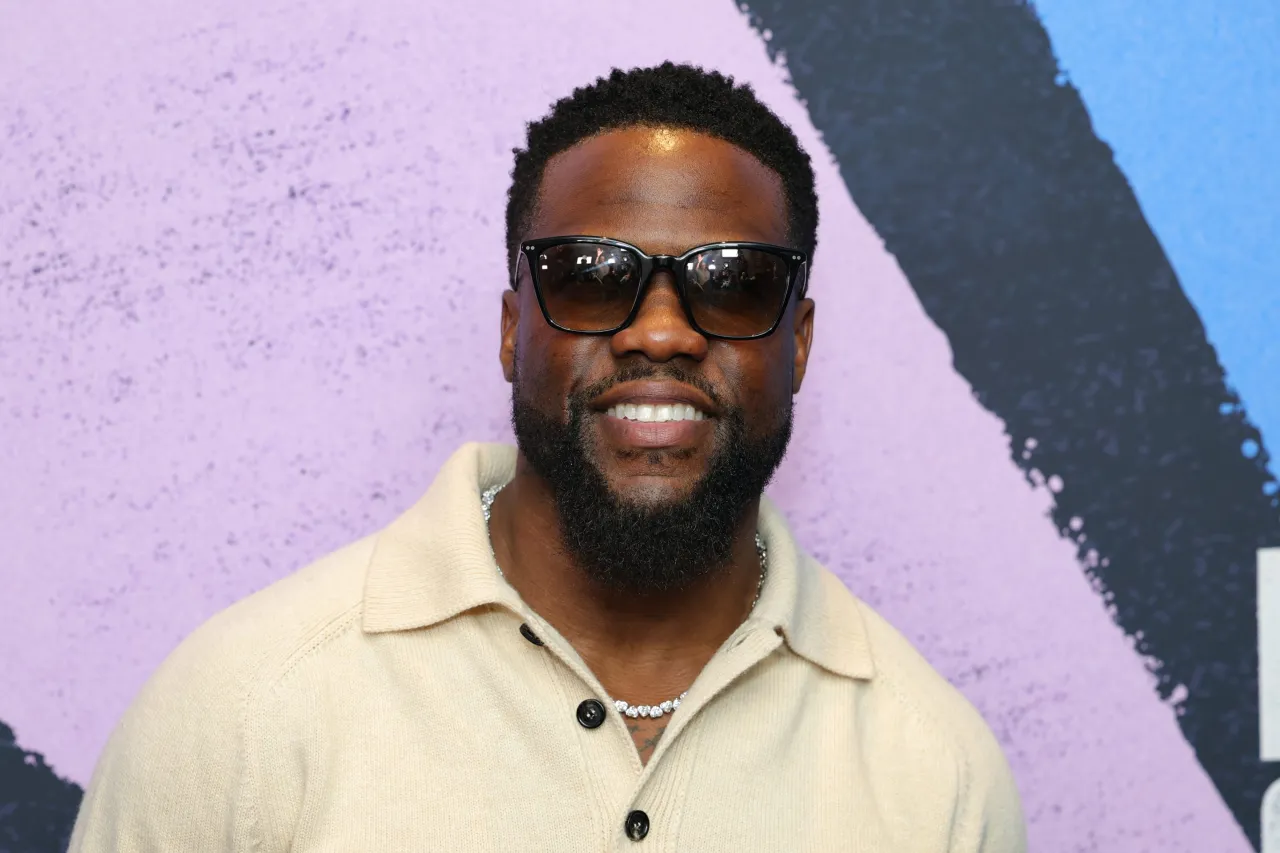In an unusual and theatrical move, Chinese crypto entrepreneur Justin Sun grabbed headlines by purchasing and eating a $6.2 million banana as part of an art-world stunt. Shortly after, Sun made another headline-worthy decision, investing $30 million in World Liberty Financial, a struggling cryptocurrency firm. The company, despite its lackluster performance, had an intriguing connection: it was linked to the current US President Donald Trump. Sun’s investment tipped the company over the threshold that enabled Trump and his family to begin profiting from the venture, potentially earning up to $20 million or more. The transaction has raised serious ethical concerns.
Trump’s business dealings have long drawn scrutiny, but the scope of his ventures has grown significantly. His empire now includes a publicly traded social media company, cryptocurrency investments, and ties to a Saudi-backed golf league. Ethics experts warn that these ventures provide pathways for individuals seeking to influence U.S. policy to discreetly channel money to Trump. “The conflicts have grown substantially with the scope of his business empire,” said Richard Painter, a former White House ethics lawyer. The complexities of these ventures, critics argue, make it increasingly difficult to separate Trump’s personal interests from his public responsibilities.
During his first presidency, Trump faced criticism for conflicts of interest, most notably involving the Trump International Hotel in Washington, D.C. The hotel became a hotspot for lobbyists and foreign diplomats, raising concerns about Trump profiting indirectly from his office. Now, Trump’s foray into cryptocurrency and social media raises similar questions. Michael Ohlrogge, a law professor at NYU, highlighted how entities could use platforms like Truth Social — owned by Trump Media — to indirectly benefit Trump. A foreign government, for instance, could buy ads to inflate the platform’s stock value, benefiting Trump, who holds a significant stake. Though Trump Media’s valuation exceeds $7 billion, its reported ad revenue remains modest, at less than $5 million this year. However, experts caution that even minor manipulations in such markets could generate significant financial gains for Trump.
The crypto industry exemplifies the blurring of lines between Trump’s public policy and private interests. Trump has become a vocal advocate for deregulating the sector, proposing initiatives like a national Bitcoin reserve. Critics argue these policies could significantly benefit his personal crypto ventures. Trump recently announced plans to nominate Paul Atkins, a crypto-friendly figure, to lead the Securities and Exchange Commission (SEC). Atkins is known for opposing aggressive enforcement, and under his leadership, the SEC could roll back actions against figures like Justin Sun, who is facing fraud charges. Such moves have heightened concerns about Trump’s ability to use regulatory power to benefit his allies and investments.
Unlike other government officials, U.S. presidents are largely exempt from conflict-of-interest rules. Though the Constitution prohibits presidents from accepting foreign gifts, Trump has faced little accountability for ethical breaches. Supreme Court rulings granting presidents broad immunity have further shielded him from legal repercussions. Trump has dismissed concerns about conflicts of interest, arguing that his businesses suffered during his presidency due to lost partnerships and legal challenges. Yet, as he gears up for a possible second term, Trump has shown no intention of addressing ethical concerns.
From retaining his stake in Trump Media to profiting from ventures like World Liberty Financial and leveraging his Mar-a-Lago estate for private access, Trump continues to intertwine his business and political pursuits. “Trump’s got the message he can do whatever he wants because he won,” Painter said. “Future presidents will look at this and think, ‘We can do whatever we want.'” As Trump’s financial empire grows alongside his political ambitions, critics fear his actions set a precedent for future leaders, further blurring the lines between public service and private profit.




